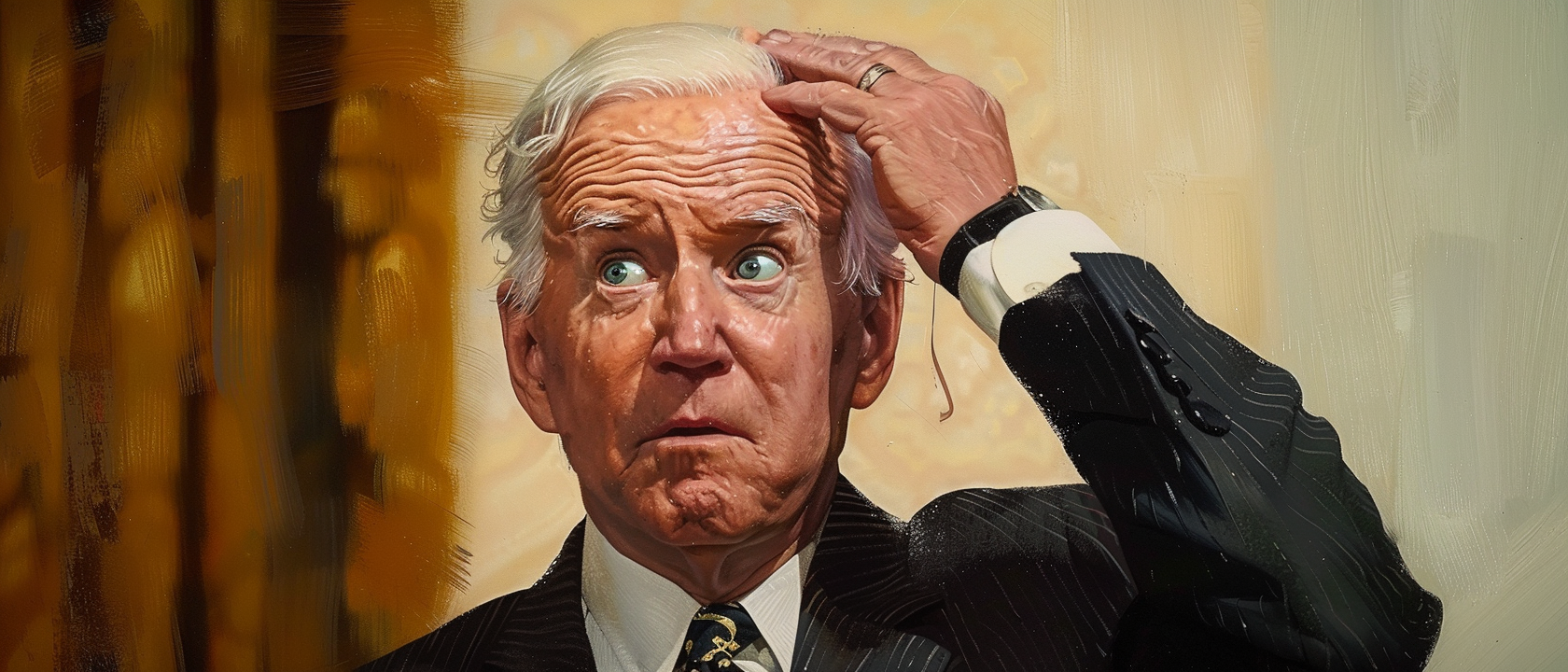Insights into the 'Goldilocks Economy' with Jeff Sherman of DoubleLine Capital
This post was originally published on
The 'Goldilocks Economy' and Market Observations
As of the end of January, economic indicators suggest a 'Goldilocks economy,' characterized by steady growth, moderate inflation, and low unemployment. GDP growth in the fourth quarter was a better-than-expected 3.3%, and projections for the first quarter are at 3%. Core CPI, the Federal Reserve's preferred inflation gauge, is now below 3%. These conditions raise the question of how long such an economy can sustain.
Inflation and Interest Rates
The Federal Reserve's gradual approach to inflation management suggests a cautious stance towards any immediate policy changes. Despite inflation rates trending downwards, it remains above the Fed’s 2% target. The potential impact of inflation on interest rates is a key concern, as the current environment may not necessitate immediate rate cuts. The trajectory of interest rates will be influenced by labor market stability and economic growth.
Investment Strategies
Given the current economic landscape, a diversified investment approach is recommended. Allocating assets across various maturities and credit sensitivities can provide a balanced risk-return profile. Investors may consider low duration assets, intermediate-term credit, and agency mortgages among their fixed income allocations. The focus should be on managing risks and optimizing total returns rather than solely seeking high yields.
Federal Deficit Concerns
While the federal deficit is a significant issue, it has yet to prompt a market reaction. However, excessive fiscal spending could lead to a bond market revolt, akin to events in the UK during 2022. The timing of such a response is uncertain, but it is anticipated to coincide with the next recession or substantial increase in government spending.
ETF Industry Outlook
The ETF market has evolved, with active management playing a more significant role, particularly in fixed income. DoubleLine Capital has expanded its ETF offerings, recognizing the growing demand for ETFs among investors. The industry continues to innovate, recently illustrated by the approval of Bitcoin ETFs. This development could further institutionalize Bitcoin investment.
Final Thoughts
Investors should stay informed and flexible in their investment strategies, considering both the risks and opportunities presented by the current economic and market conditions. As always, a disciplined approach to investing based on sound principles will be essential for long-term success.




